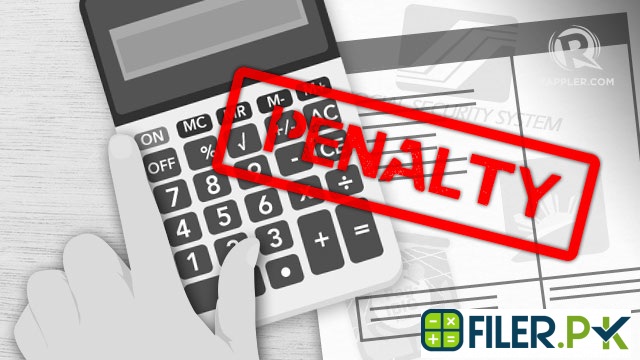PM praises FBR for achieving 41pc growth in March

Prime Minister Imran Khan on Wednesday commended the Federal Board of Revenue (FBR) for posting an unprecedented 41 percent growth in revenue collection by March 2021.“I commend the efforts of FBR, I even have achieved a historic growth of 41 percent in March 2021 with recorded shares of Rs460 billion,” the prime minister said during […]
What are the penalties of being non-filer?

Being a responsible Pakistani, if you haven’t filed your tax then you will have to face the penalties of being non-filer. According to PkRevenue , the date on which you pay your taxes has expired or you may not have the information for your return completion, or you may not have enough money to pay […]
How Overseas Pakistanis can become tax filer?

Many Pakistani National living in foreign countries may have a question arising in their mind that how overseas Pakistanis can become filer. You can find your answer here: Do Overseas Pakistanis Have to File Taxes? Yes, overseas Pakistanis can become filer and every foreign Pakistani has to pay their taxes based on their income in […]